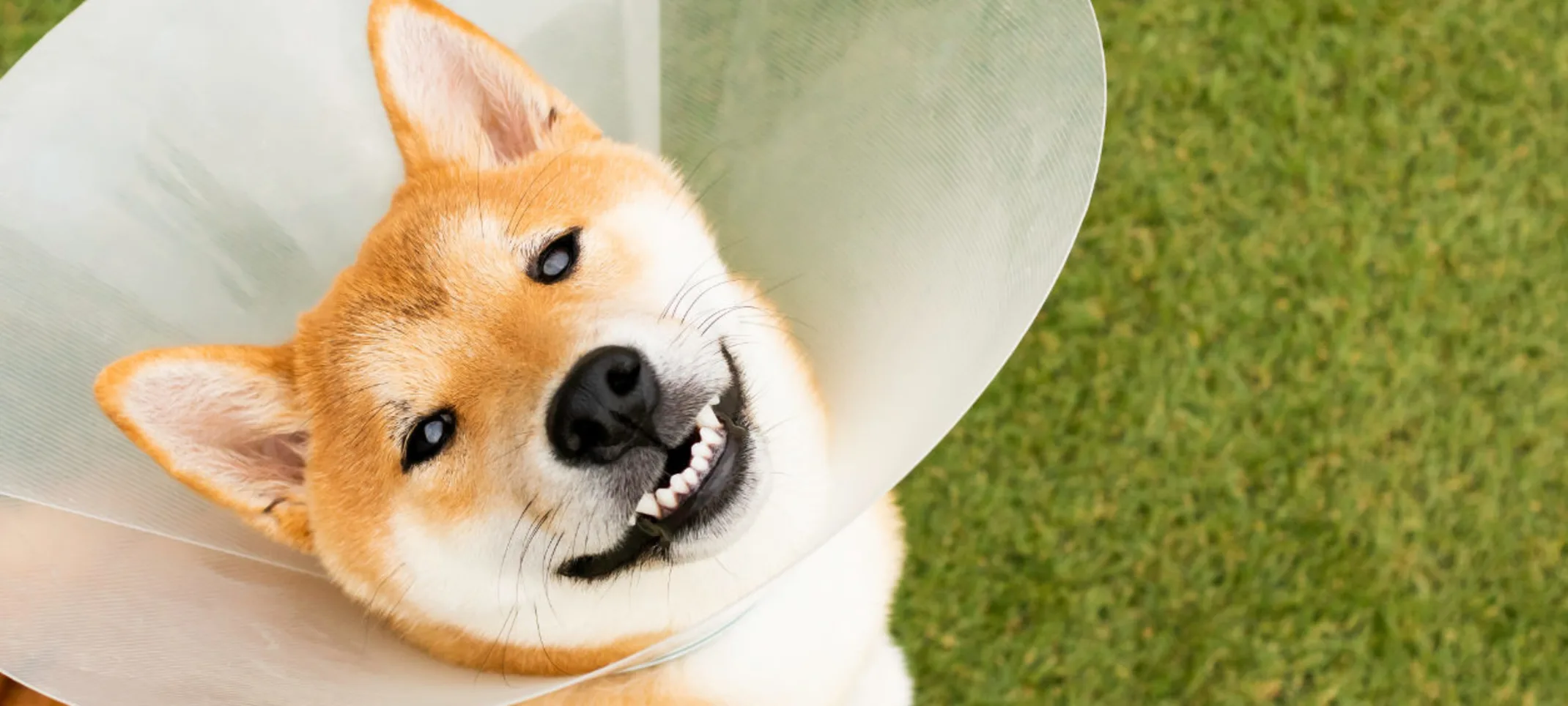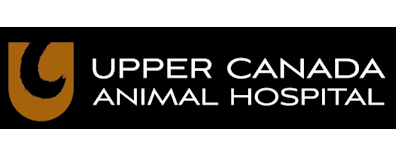Upper Canada Animal Hospital
Soft Tissue Surgery
Upper Canada Animal Hospital is a full-service animal hospital serving the Niagara region, focusing on providing the best surgical and medical care for your pet.

Pet Surgery by Skilled Veterinarians in Niagara
Upper Canada Animal Hospital is a full-service animal hospital serving the Niagara region, focusing on providing the best surgical and medical care for your pet. We offer surgical services ranging from the routine neuter through to extremely complicated reconstructive surgeries for your pets, including orthopedics (cranial cruciate ligament tears, patellar luxations, hip dysplasia, elbow and shoulder disease, fractures) and complicated soft tissue surgery. Be assured that no matter the surgery, your pet is in the best of hands.Dr. Jim Turpel has a strong interest in surgery and for the last 23 years has been performing an array of orthopedic as well as soft tissue surgeries for his own clients as well as those referred by dozens other animal hospitals throughout Ontario and Upstate New York. When he started the hospital, he reinforced a strong work ethic in his team. Today, Dr. Turpel is extremely proud of and has complete faith in all of his team. His team is composed of highly knowledgeable, dedicated and caring individuals.As Dr. Turpel states, “we appreciate the anxiety you and your pet experience when a surgery is recommended. For that reason, we have made it our mandate to minimize the stress experienced by pets and their owners alike. We accomplish this by treating every pet as though it was one of our own, and treating every owner the way we would want to be treated”.
What happens when your pet is admitted for surgery?
Pre-operative blood work:
After a pre-surgical exam is performed, we take a quick blood sample and send it across to our in-house laboratory for testing. This testing is performed to ensure your pet is healthy enough for surgery.
Sedation:
If the bloodwork is considered normal, we administer a sedative to relax your pet, and decrease the amount of anesthetic that is required during surgery.
Pain Management:
Pets feel pain just like we do, any caring medical professional would agree. While pain management was once considered a questionable benefit, it is now recognized as a minimal, ethical standard that should never be ignored. As any person that has undergone a surgical procedure can attest to, pain medication isn’t a luxury but an absolute necessity. We consider this step one of the most important in any of our surgical procedures. Pain is controlled through the entire surgery and medication is also sent home post-surgery to ensure the comfort of your pet. It is a common misconception that postoperative pain medication isn’t critical. However, imagine a woman going home after a “routine” c-section or hysterectomy without any pain medication. This would date our health care system back hundreds of years.
Intra-venous Catheterization and Fluids:
Are the equivalent of wearing your seatbelt in a car. If you truly need them and they are not already in place it may be too late and the consequences can be devastating. The Intravenous catheters provide us with an access to administer drugs in emergency situations while the fluids ensure a pets blood pressure is maintained in a healthy range throughout surgery.
Anaesthesia and Monitoring:
Our highly skilled team administers an anesthetic that is tailored to an individual pets needs. Each patient, by virtue of their breed, age, size and health status, is unique, and the anesthetic utilized must reflect this to ensure a safe outcome. Your pet is monitored by a registered veterinary technician who utilizes the most up to date monitoring equipment through every step of your pet’s surgery.
Sterilize the area:
Next on the agenda is shaving the surgical area – we use a surgical scrub and alcohol for sterilization.
Surgical procedure:
At this stage, the surgery is performed, followed by a thorough cleaning of the area – all conducted in a very hygienic manner.
Transfer:
Once the anaesthesia wears off, a thorough check-up is conducted and your pet is safely transferred to one of our patient recovery stations where they are closely monitored
The above steps are considered imperative to decrease the complications of any surgical procedure. While shortcuts may provide cost savings to a client, the added risks far outweigh that financial benefit.If the well-being of your pet is your main concern please ensure that none of our above recommendations is skipped when looking for a veterinarian to perform your pet’s surgery. Don’t hesitate to ask questions and ensure you are comfortable with the answers you are provided before proceeding with your pets surgery or anaesthetic.Our pet surgeries are performed by top-class veterinarians who utilize cutting-edge surgical and anaesthetic veterinary equipment. We have performed thousands of surgeries at our animal hospital in Niagara, so if your pet requires surgery trust that he or she will receive the top-of-the-line surgical care.
With Surgery, Pets Say Goodbye to Injuries
It is not uncommon for cats and dogs to get injured. Upper Canada Animal Hospital performs a wide variety of surgical procedures on pets with a range of injuries. Some of them are:
Bone & joint surgery:
including but not limited to; cranial cruciate ligament tears, patellar luxations, hip disease/dysplasia, fractures, elbow dysplasia, shoulder & OCD lesions
Soft tissue surgery:
involves the removal of masses, wound reconstruction, intestinal and abdominal, lacerations, eye or ear surgery, etc.
Spaying and neutering:
reduces health risks, increases life expectancy
Dog CCL Surgery:
repairs damaged ligaments. We tailor treatment recommendations based on the individual patient’s needs. Each patient is unique.
For a detailed outlook on Dr. Turpel’s surgical background please see his biography.We are a team of qualified and committed veterinarians. Contact us today and book an appointment to discuss your pet’s surgery.
